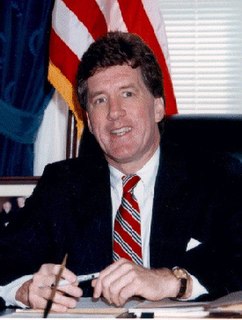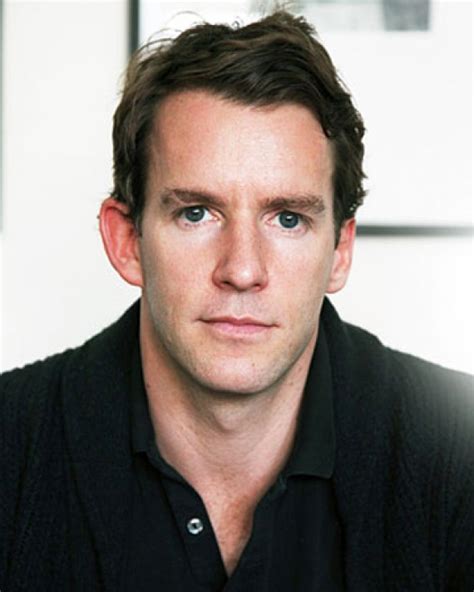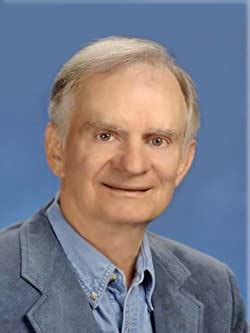A Quote by Kyle Carpenter
The hardest part of my entire three-year recovery has been knowing that my parents, my brothers, were suffering through this burden of injury and recovery, something I volunteered for that they didn't ask for.
Related Quotes
The real story in housing will be a recovery in the economy that will drive a recovery in housing, When people are working, when there are more jobs, more households forming and people go back to buying cars, they're going to want their apartments and homes. And that's when you'll start to see a recovery in home prices.





































